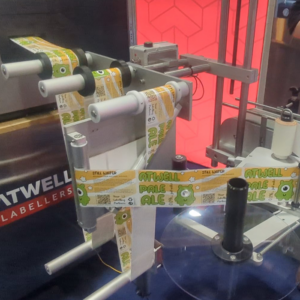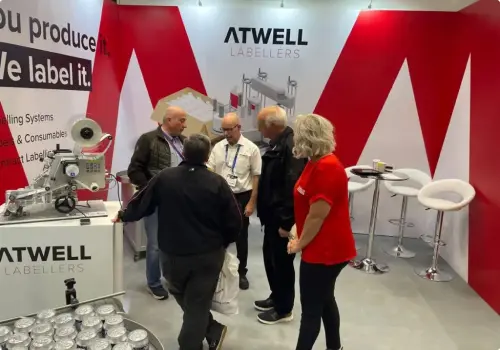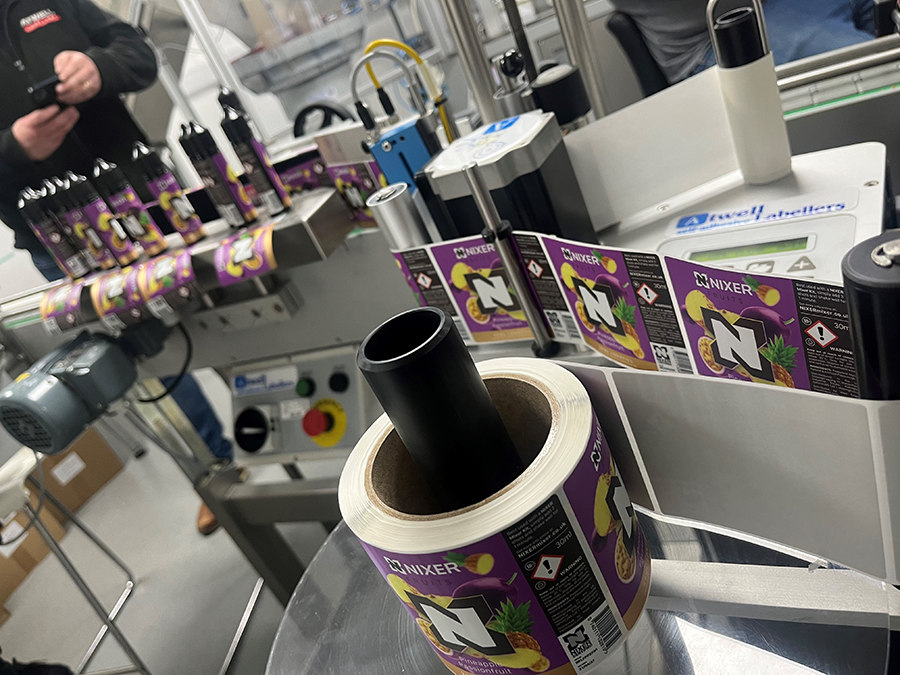Biodegradable Vs Compostable Labels
In a world increasingly conscious of environmental impact, the choice between biodegradable and compostable materials has become an important topic in various industries. Nowhere is this more evident than in the realm of labelling, where sustainable labelling is gaining traction.
Labelling machines play a crucial role in product identification, and the materials used for labels are under scrutiny for their eco-friendliness. In this article, we delve into the differences between biodegradable and compostable labels, exploring their characteristics, environmental benefits, and the implications for labelling machines.
Biodegradable Labels: A Breakdown
Biodegradable labels are crafted from materials that can naturally break down over time through the action of microorganisms, returning to the environment without leaving any harmful residues. These labels typically decompose in a landfill environment, where the presence of microbes facilitates the breakdown process. Traditional biodegradable materials for labels include certain types of paper and plastics derived from plant-based sources. However, more popular label materials such as film are not biodegradable.
Compostable Labels: A Sustainable Alternative
Compostable labels, on the other hand, are designed to break down into nutrient-rich compost when exposed to specific composting conditions. Compostable materials are typically derived from renewable resources like cornstarch, sugarcane, or bamboo, making them an attractive option for those seeking a more sustainable solution.
Compostable labels require specific composting conditions, such as adequate moisture, heat, and microbial activity, to undergo the decomposition process efficiently. In an industrial composting facility, these labels can transform into nutrient-rich compost within a relatively short timeframe, contributing to soil health and fertility.
For labelling machines, the use of compostable labels involves considerations related to the materials’ characteristics. Compostable labels may have different textures and thicknesses compared to traditional labels, requiring adjustments in labelling machines to ensure optimal performance.
Environmental Benefits and Considerations
Both biodegradable and compostable labels offer notable environmental benefits. The use of these materials helps reduce the reliance on non-renewable resources and minimises the environmental impact associated with traditional label materials.
However, it’s essential to consider the end-of-life scenarios for these labels. While biodegradable labels break down in various environments, including landfills, compostable labels require specific conditions for efficient decomposition. This means that for compostable labels to realise their full environmental potential, they must be disposed of in industrial composting facilities.
When integrating these labels into labelling machines, manufacturers should be mindful of the unique properties of biodegradable and compostable materials. Adjustments may be needed to accommodate variations in label thickness, texture, and adhesive properties, ensuring smooth operation and preventing disruptions in the labelling process.
The Role of Labelling Machines in Sustainable Practices
Labelling machines play an important role in the adoption of sustainable labelling practices. The versatility of modern labelling machines allows manufacturers to seamlessly transition from traditional label materials to biodegradable or compostable alternatives. Regular maintenance and adjustments may be necessary to optimise labelling machine performance when working with these eco-friendly materials.
As consumer demand for environmentally conscious products continues to rise, the integration of biodegradable and compostable labels represents a strategic move for businesses looking to enhance their sustainability credentials. Labelling machines that can accommodate these materials contribute to a more eco-friendly supply chain, aligning with the broader movement toward sustainable packaging solutions.
To find out more about how labelling machinery can work with biodegradable or compostable labels, speak with our team of specialists today.
Can we help you?
Technical Helpline
Contact by Telephone:
+44 (0)1444 237 804



